Center for History Education
Should the Colonists Have Revolted Against Great Britain?
Should the Americans have taken the plunge and revolted against Great Britain? Using documents, including the famed Common Sense and a Loyalist response, pupils conduct a lengthy investigation of the question. The interesting resource...
Center for History Education
The Tobacco Economy: How did the Geography of the Chesapeake Region Influence its Development?
Explore the relationship between geography and economy using primary sources. After examining wills, advertisements, and other primary sources, individuals consider how the Chesapeake Region came to be home first to indentured servants,...
Massachusetts Historical Society
Massachusetts Historical Society: A Set of Plans and Forts in America, 1765
A digitized version of a book published in 1765 by Mary Ann Rocque, widow of John Rocque, topographer to the Duke of Glouchester. Contains images of the thirty plans of forts in North America. Published after the English victory over the...
Scholastic
Scholastic: World War Ii: American Home Front: Japanese Americans
Norman Mineta, a Japanese American, gives a detailed account of his experiences living in an internment camp during World War II. There are many links to additional information such as pictures and letters.
Scholastic
Scholastic: Teachers: Student Interviews With Rosa Parks
Excellent questions from students, answered by African American civil rights activist Rosa Parks.
University of South Florida
Lit2 Go: Sojourner Truth: Ain't I a Woman?
Audio [2:26] and text of speech made by Sojourner Truth, Ain't I a Woman? (1851)
University of Florida
Baldwin Library: The Pathfinder by James Fenimore Cooper
This is an online photocopy of the original text of the children's book The Pathfinder by James Fenimore Cooper (1890), a children's frontier novel.
University of Florida
Baldwin Library: Madeline, a Story of the Early Spring Time by Jacob Abbott
This is an online photocopy of the original text of the children's book Madeline, A Story of the Early Spring-time by Jacob Abbott [1870], a Christian novel for children.
University of Florida
Baldwin Library: Rip Van Winkle by George P. Webster
This is an online photocopy of the original text of the children's book Rip Van Winkle by George P. Webster (1887), a poetry version of Washington Irving's Rip Van Winkle.
University of Florida
Baldwin Library: Tales From Shakspeare by Charles Lamb
This is an online photocopy of the original text of the children's book Tales from Shakspeare Designed for the Use of Young People by Charles Lamb (1887). This book features a biography of Shakespeare, a chronological list of his plays,...
University of Florida
Baldwin Library: Every Day Gems: A Collection of New Music by R. B. Mahaffey
This is an online photocopy of the original text of the children's book Every Day Gems: A Collection of New Music by R. B. Mahaffey (c1885), a collection of music for public schools.
University of Florida
Baldwin Library: The Adventures of a Penny by Mrs. Perring
This is an online photocopy of the original text of the children's book The Adventures of a Penny by Mrs. Perring (1865), a fictional account of the life of a penny as told by the penny itself.
University of Florida
Baldwin Library: Around the World in Eighty Days by Jules Verne
This is an online photocopy of the original text of the children's novel Around the World in Eighty Days by Jules Verne (1888), a fictional account of travelling around the world.
Alabama Department of Archives and History
A Map Can Tell a Story
An interesting lesson plan for students to attempt to locate the Alabama counties and identify voting patterns in the state.
Library of Congress
Loc: Early Motion Pictures, Sound Records of Edison Companies
The Library of Congress provides information on Thomas Edison's profound contribution to the music industry.
Smithsonian Institution
Smithsonian Science Education Center: Conceptual Change: How New Ideas Take Root
Develop a more nuanced understanding of how student ideas are formed both in and outside of the classroom. By understanding the student's misconceptions on scientific ideas, you can better structure your lesson to be more effective. This...
Smithsonian Institution
Smithsonian Science Education Center: Natural Selection: Common Misconceptions
This video explores the misconceptions that students hold about natural selection. Go inside your student's heads to see what they are thinking during a lesson on evolution. Follow these suggestions for addressing these common...
Smithsonian Institution
Smithsonian Science Education Center: Make It Rain
How do you show students that the water cycle is more than just the traditional model of the ocean, clouds, and mountains and actually a part of their daily lives? This video will show multiple models of different part of the water cycle...
Smithsonian Institution
Smithsonian Science Education Center: Photosynthesis: Blinded by the Light
Delve into myths your students might hold about photosynthesis in this video. Help your students gain a better understanding of photosynthesis reactions and how plants use light energy for nutrition and growth.
Smithsonian Institution
Smithsonian Science Education Center: Why Right Brained Is Wrong Brained
This video discusses the myth of being pegged right brained or left brained and how this can pigeonhole students from an early age. Science may be seen as a left-brained, however, you need many right-brained elements such as...
American Museum of Natural History
American Museum of Natural History: O Logy: Meet the Zooarchae O Logist
An interview with Sandra Olsen, a zooarchaeologist studying the history of horses in Kazakhstan. Discover what zooarchaeologists work on in the interview.
Other
Dinosaur Depot Museum: The Dinosaurs of Marsh and Cope [Pdf]
This booklet was written by Kenneth Carpenter from the Denver Museum of Natural History. It looks at the Jurassic dinosaurs that lived in Garden Park, Colorado. These included carnivorous dinosaurs, thunder lizards, Ornithopods, and...
Other
Teaching Tolerance: Hatred and the Holocaust
These resources can help teachers teach about the holocaust and genocide. They include excerpts from primary sources and discussion questions.
Houghton Mifflin Harcourt
Harcourt: School Publishers: An Interview With Thomas Jefferson
"What do you think Thomas Jefferson was like as a person? What were his interests and hobbies? Where did he go to school? Imagine yourself as a reporter in 1826, about to interview Mr. Jefferson at Monticello, his home."


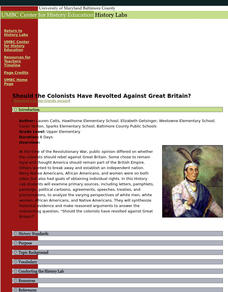

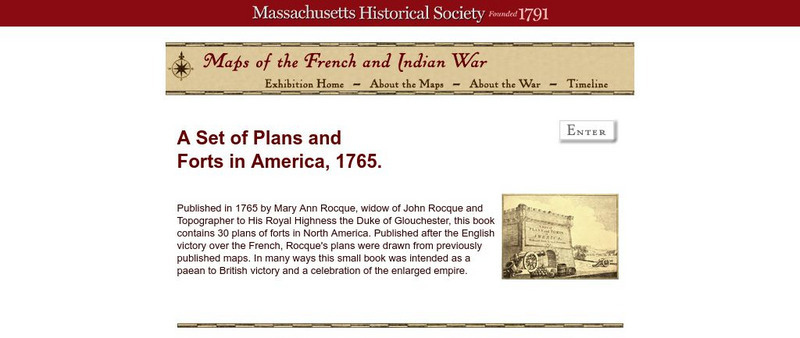

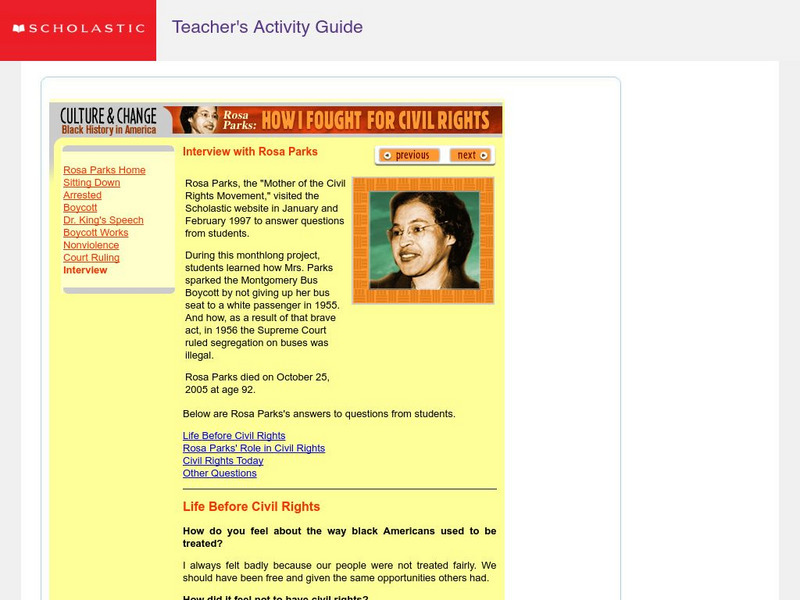

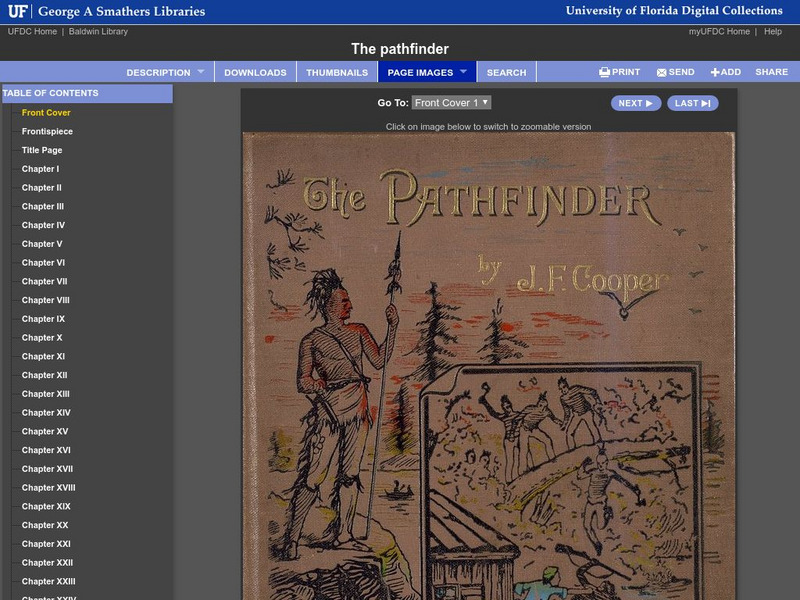
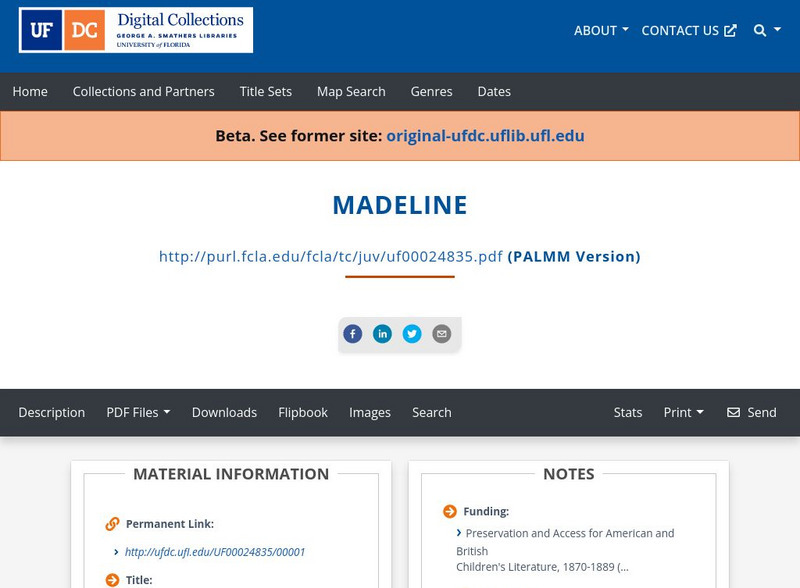







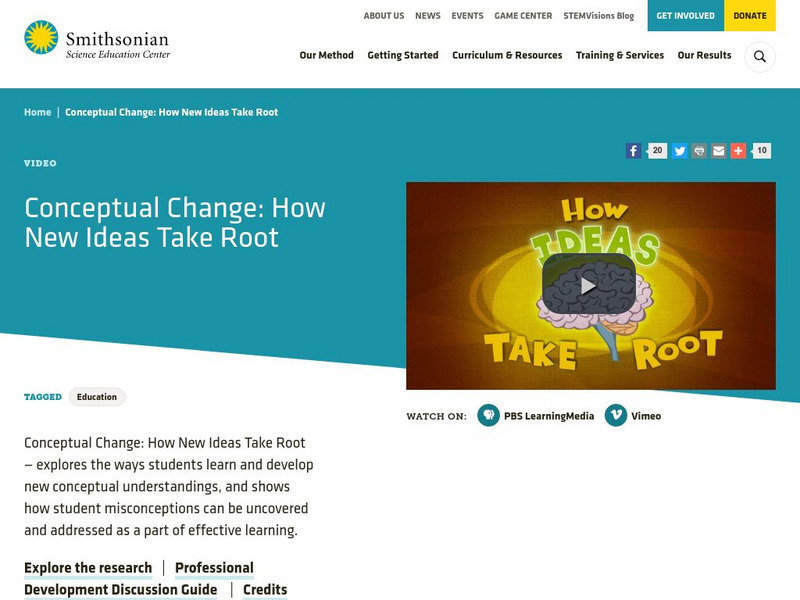

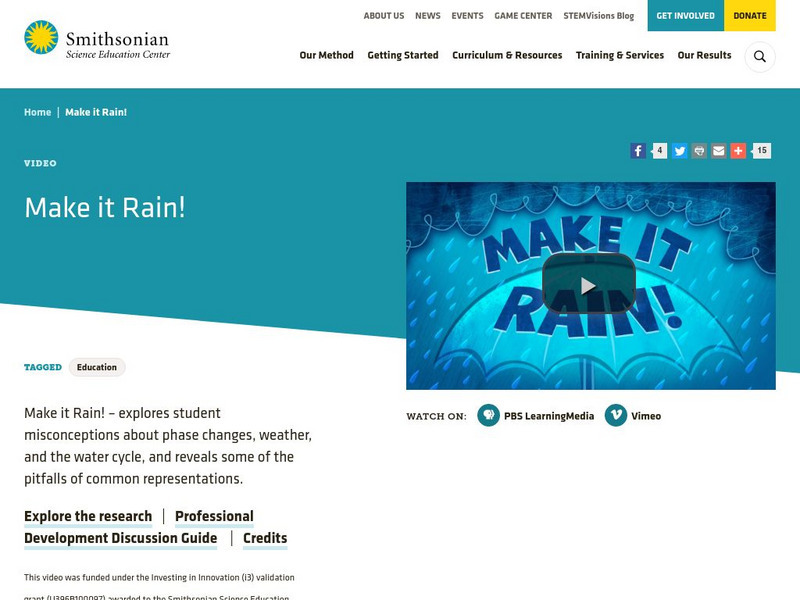
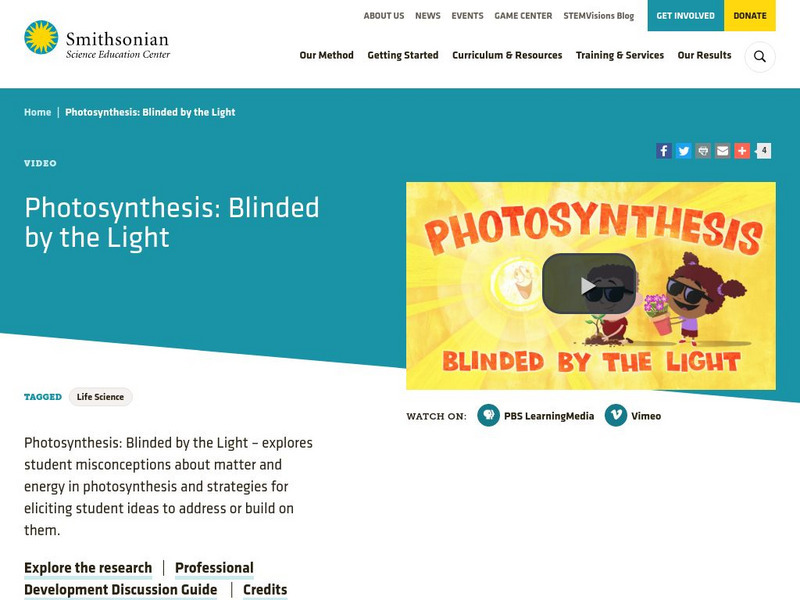


![Dinosaur Depot Museum: The Dinosaurs of Marsh and Cope [Pdf] Primary Dinosaur Depot Museum: The Dinosaurs of Marsh and Cope [Pdf] Primary](https://content.lessonplanet.com/knovation/original/370665-1b32c38686322a4259939e78352816d6.jpg?1661188997)
